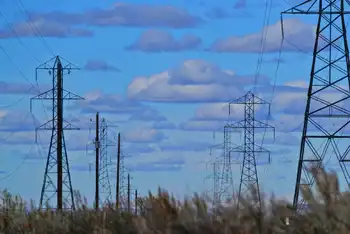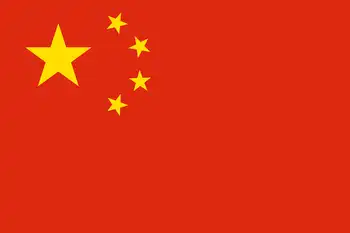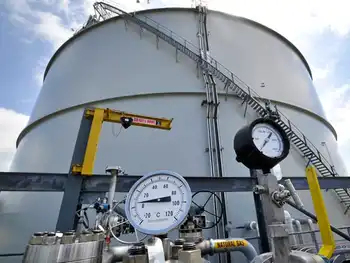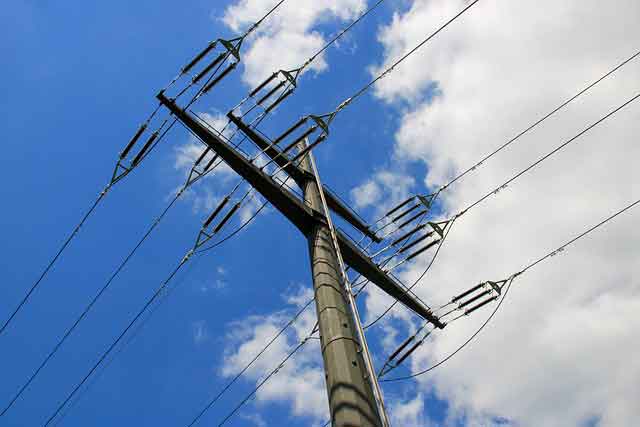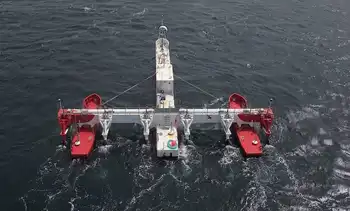Kyocera to supply solar cells for Thai project
By Industrial Info Resources
Arc Flash Training CSA Z462 - Electrical Safety Essentials
Our customized live online or in‑person group training can be delivered to your staff at your location.

- Live Online
- 6 hours Instructor-led
- Group Training Available
The order will be completed over a three-year period. Kyocera will produce the solar cells at its manufacturing facility in Japan. The order from Solar Power Company is considered to be Kyocera's biggest order from a single customer. Earlier, Kyocera supplied solar cells with capacities of 6 MW each to Solar Power Company.
Solar Power Company has proposed setting up solar power farms with capacities of 6 MW each at 34 locations. The solar cells supplied by Kyocera will be utilized at these sites. Sanae Iwasaki, the spokesperson for Kyocera, indicated that construction at three sites already has begun. The power generated from these solar power farms, which will be linked to the provincial grid operated by the Electricity Authority of Thailand EGAT, is expected to provide power to 170,000 business establishments and households. Ms. Wandee Khuncorgnyakong, the president of Solar Power Company, said that Kyocera was selected as the supplier on the basis of its capability and expertise in the solar power sector.
In a related development, Kyocera's facility in Tijuana, Mexico, recently produced its one-millionth solar cell. The facility started operations in 2004. The company also commissioned a solar power system at Sedona High School in Arizona. The power system uses 3,838 units of Kyocera's KD210 multi-crystalline, high efficiency solar cells. In May, the company secured a contract to build a 0.202-MW and a 0.102-MW solar power facility at Bayantooroi and Gobi-Altai villages, respectively, in Mongolia. The power projects have been funded by the World Bank.
Thailand is now turning its focus to renewable energy projects to reduce the nation's dependence on fossil fuel sources. In 2002, the Thai cabinet approved the 'Small Power Producers Program,' which aimed at encouraging electricity-generating companies to invest in alternate energy projects with capacities of up to 10 MW.
In 2006, the policy was revised and financial incentives and benefits were introduced. As part of the feed-in tariffs, the policy recommended a "bonus model." In addition to $0.265 per kWh, a solar power producer could earn about $0.05 per kWh each for displacement of diesel and location of the power plant in one of the three southern provinces in the country. The policy also set aside a fuel volatility bonus of $0.031 per kWh.
The government is providing loans of up to $1.7 million at an interest rate of 4 per year to solar power producers under this scheme. The "Small Power Producers Program" is gaining popularity and the government has reportedly signed power purchase agreements for 1,800 MW of power. This includes 1,400 MW of electricity from solar thermal power projects.






